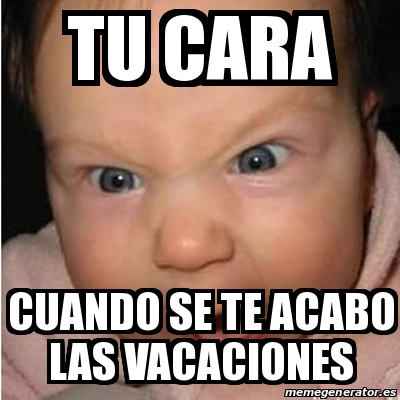"se te" usage
this has been bugging me all day. I was trying to watch Mulanin Spanish, and there is one line where the bad guy says, "You seem to have run out of ideas", and this is phrased as "Parece que se te han agotado las ideas".
I guess the "se" is the "passive se", and is used to say "the ideas have been exhausted" (i see that "han" is conjugated toward "las ideas (them)) ", and the "te" is to explain that "the ideas have been exhausted by you." But i am having trouble finding other examples on here of cases where a "se" is used right next to a pronoun such as "te". Are there rules as to the "se" coming before the pronoun? Is there a better way to phrase this or is this type of construction common?
any insight would be appreciated ![]()
2 Answers
Quite common and normal with a number of verbs in Spanish, used to indicate that something happened and that you are the affected party. Sort of "it happened on you".
Se te cayó algo. You dropped something, why admit it. It fell, and it happened to you.
Se te olvidó la llave. Hmmm, you forgot the key- it sort of slipped your mind. It happens.
Se te acabó algo. You ran out of something, well, something ran out on you. We even say it that way often enough in English. And with this example you can see the not quite taking the blame sense it gives. I didn't run out of it, it ran out on me- not my fault.
This is a lesson that explains this general form of usage: It is worth checking out if you are not familiar with it.
http://www.elearnspanishlanguage.com/grammar/verb/accidentalreflexive.html
The classic order is RID. Reflexive (pronominal) Indirect, direct. Here se is the pronominal, te is the indirect receiver/affected party of the verb, so se precedes te. There is another rule, but I would only confuse things by mentioning it (but it always puts se first).
The following example should be "olvidó"

More bad grammar- should be acabaron, as las vacaciones is a plural pronominal subject.















